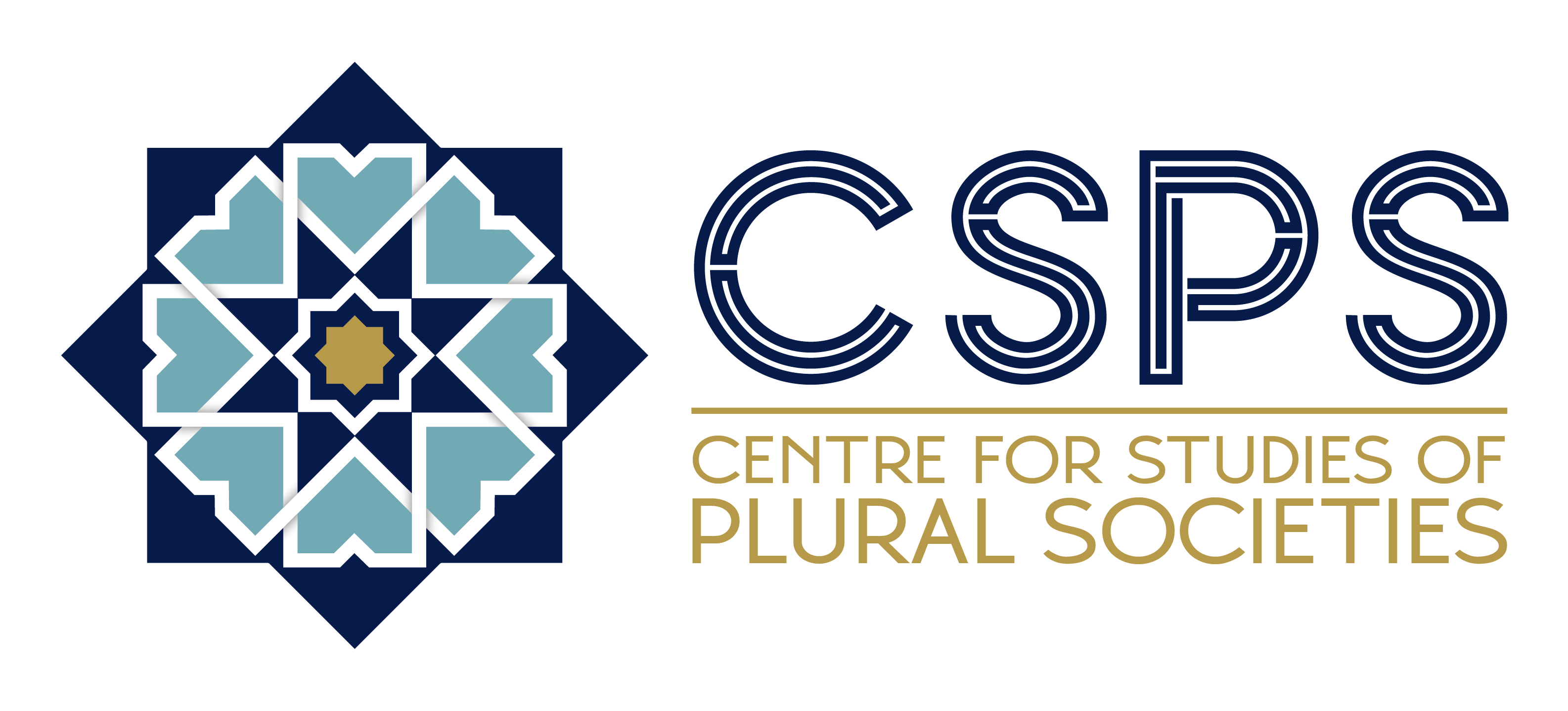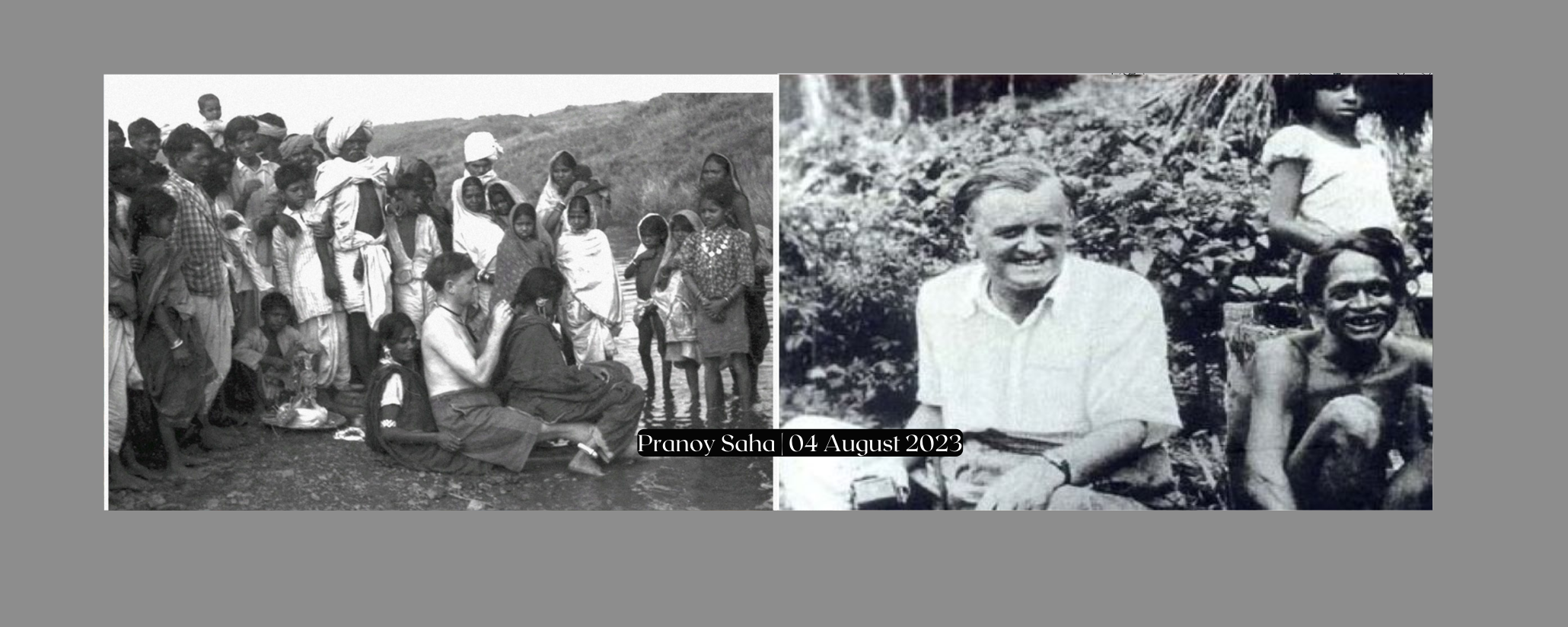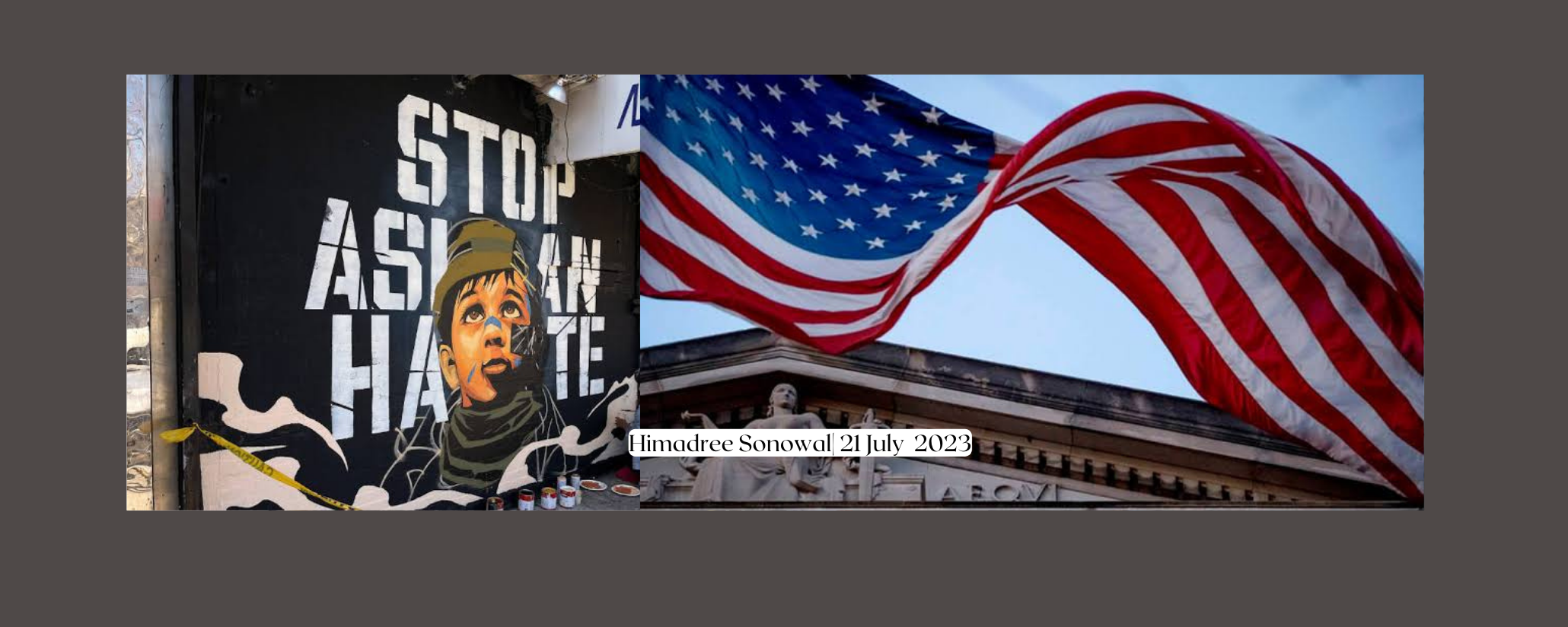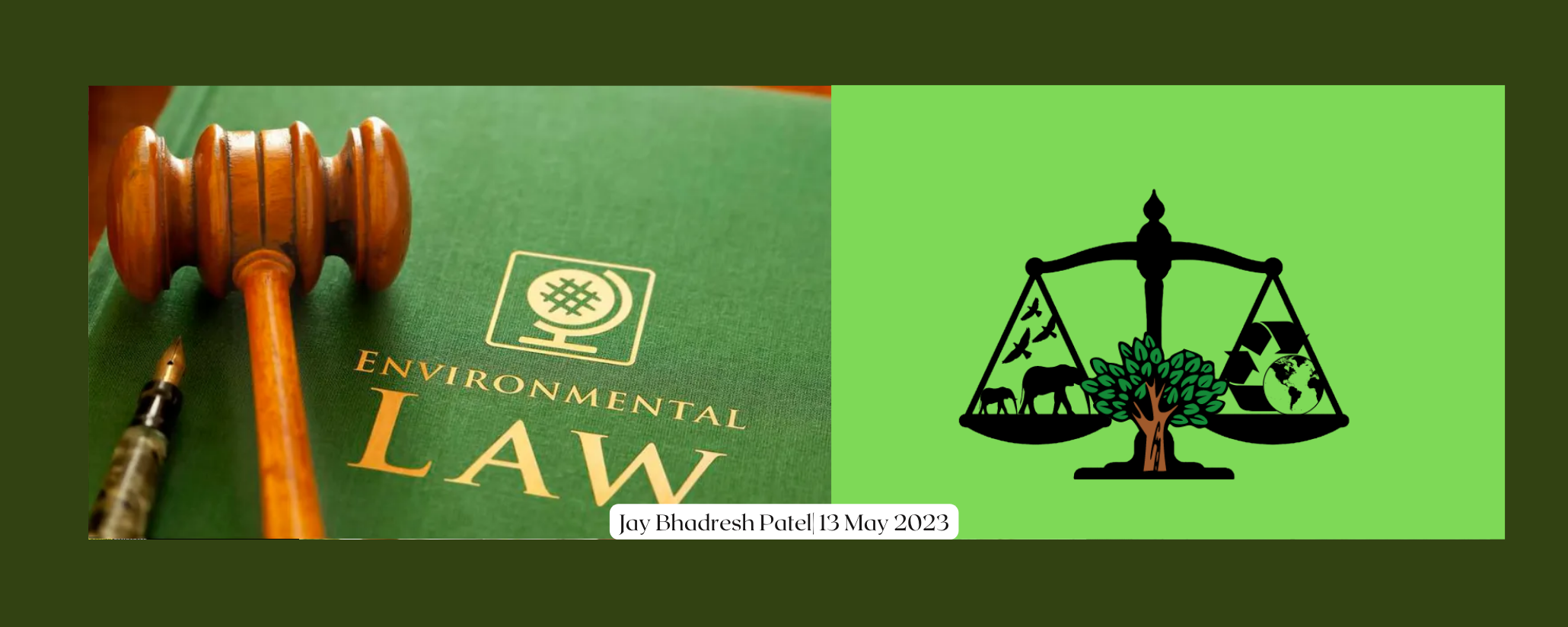Pakistan’s Supreme Court has, for the first time, come down heavily on the gross misuse of the blasphemy law in Pakistan. The law has been misused by people to solve their property, political and personal disputes. The apex court has set aside the verdicts passed by the lower and high courts that sentenced Asia Bibi to death in 2010. Asia, a Christian mother of five children, was caught in a brawl with a Muslim woman while working as a farm labourer after touching a bowl of water, and has been languishing in Pakistan’s jails since 2010.
Her case was politicised after the then Punjab governor Salman Taseer visited her in jail in November 2010, following the pronouncement of her death, and expressed his frustration about the misuse of blasphemy laws in Pakistan. Taseer was assassinated by his own security guard Mumtaz Qadri on 4 January, 2011. Qadri’s arrest, trial, death sentence and February 2016 execution sparked huge protests and a massive funeral procession, exonerating the killer of Taseer. Since then, religious-political groups in Pakistan had been aggressively campaigning to execute Asia and were attempting to influence court procedure by campaigning against her.
The Supreme Court of Pakistan has not just overturned the verdict passed by the lower courts, but also criticised complainants who also had insulted Asia’s religious sentiments during the same quarrel, which the court said were no less than blasphemy as Prophet Jesus is also equally respected in Islam.
Among the many problems with Pakistan’s blasphemy laws, there are three key issues that make the law a tool of persecution rather than a tool to defend the sanctity of Prophet Mohammad.
First, the interpretation of blasphemy as a punishable offence has not been consistently part of the Islamic penal code. The definition and scope of the offence too have always been limited rather than generalised, as in the case of Pakistan. It is here that the Supreme Court has clearly expressed its unhappiness over the misuse of the law. The 57-page verdict made detailed references to Islamic teachings, both from the Quran and the prophet’s sayings.
The judgment criticises the lower court for failing in its duties to give a fair judgment in the light of clear Quranic instructions that requires believers to “persistently stand firm for Allah, witnesses in justice, and do not let the hatred of a people prevent you from being just. Be just, that is nearer to righteousness. And fear Allah; indeed, Allah is acquainted with what you do. (Quran: Al-Maida: 8)”.
The judgment criticises the lower court for failing in its duties to give a fair judgment in the light of clear Quranic instructions that requires believers to “persistently stand firm for Allah, witnesses in justice, and do not let the hatred of a people prevent you from being just. Be just, that is nearer to righteousness. And fear Allah; indeed, Allah is acquainted with what you do. (Quran: Al-Maida: 8)”. With another reference of the Quran’s Surah Al Nisa verse 135 — “So follow not [personal] inclination, lest you not be just. And if you distort [your testimony] or refuse [to give it], then indeed Allah is ever, with what you do, acquainted” — the judge argued that the personal grudges and problems should not be used to accuse anyone of blasphemy.
The second problem is that this law does not truly represent the general Islamic sense about how to defend Prophet Mohammad from being disrespected. Asia’s case is a clear example that the definition of the law has ignored the fact that the offence is more about a purposeful act of offending, such as the offences the prophet faced during his own life. However, he let them go unpunished. In Islamic history, the total number of cases of people sentenced to death for acts of blasphemy acts is not well-documented, but it is a small number.
During the time of expansion, Islam had indeed faced stiff opposition from many sides and those who opposed it, did so for various reasons. But there is little evidence in the books of Islamic jurisprudence that they were tried and sentenced to death. The books on the history of Islamic jurisprudence and the detailed debate on several schools of Islamic jurisprudence is one of the richest scholarly domains of Islamic knowledge. However, the debate on blasphemy remains very limited, so much so that it does not even have a full chapter in most of the books on Islamic jurisprudence. Islamic jurisprudence is considered one of the indicators of the importance a subject receives in legal debate.
This is the most unfortunate part of Pakistan’s Islamic groups whose acts are becoming a burden on Islamic communities around the world. Not only do they challenge the authority of judiciary in their country, but they are also violating Islamic principles of delivery of justice without prejudice.
They should have respected the judgment, despite their displeasure or challenged it through legal means. What about their silence on Pakistan’s old feudal system that still enslaves hundreds of human beings as bonded labourers and keeps a large number of people permanently poor? Why don’t they speak against such practices that make the citizens of an Islamic republic less equal, a violation of the Islamic teaching on brotherhood and equality? Here comes the politics of Islam which is closely tied with Pakistan’s ruling elite, feudal calderas, military elites or corrupt politicians, in whose courts these mullahs are being played like puppets, in order to maintain religiosity as a political commodity.
Pakistan’s religious groups must know that their country is yet to prove if their country is really an Islamic republic where religious minorities are treated with dignity and equality.
The Supreme Court of Pakistan should also have ordered the trial of all those who wrongly implicated Asia and inflicted nine years of prison and pain on her and her family — something that is impossible to erase even though she has been found innocent. Pakistan’s religious groups must know that their country is yet to prove if their country is really an Islamic republic where religious minorities are treated with dignity and equality. Prime Minister Imran Khan’s speech on the eve of the verdict must be seen as an important step towards restoring the supremacy of rule of law.
However, the correction of the anomalies in the existing blasphemy laws that allowed such misuse remains a challenge for a populist leader like him.
Dr. Omair Anas is the Director of Centre for Studies of Plural Societies.



